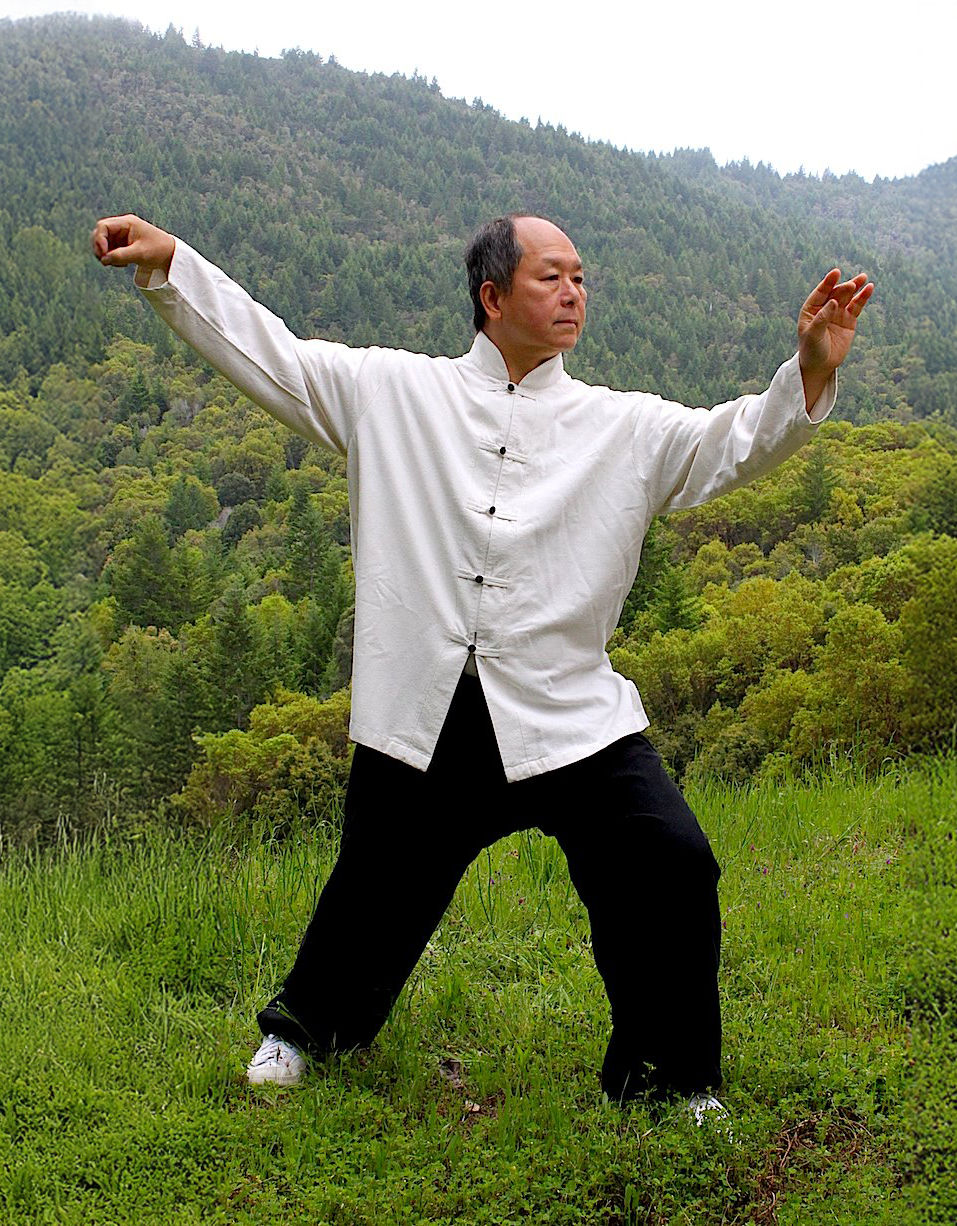Chinese New Year 2024 - Year of the Dragon
- Zibi Panasewicz
- Feb 10, 2024
- 3 min read

Chinese New Year, also known as the Spring Festival, is a vibrant and significant celebration that marks the beginning of the lunar new year. In 2024, the festivities are set to kick off on the 10th of February, ushering in the auspicious Year of the Dragon.
The Year of the Dragon holds special significance in Chinese culture. According to the Chinese zodiac, each year is associated with one of twelve animals, and the Dragon is considered a symbol of power, strength, and good fortune. People born in the Year of the Dragon are believed to inherit these characteristics, making it an especially auspicious time for new beginnings and accomplishments.
Gong Hei Fat Choy (恭喜发财), which means 'Best Wishes, Wishing You Happiness and Prosperity'
The Dragon, or "Long" in Chinese, is not only a mythical creature but also a cultural icon deeply embedded in Chinese folklore. Unlike the fire-breathing dragons often depicted in Western mythology, Chinese dragons are benevolent and bring prosperity. They are seen as celestial beings that possess the ability to control water, bringing rain for a bountiful harvest.
As the Chinese New Year festivities commence, communities around the world join in the celebration, embracing the rich traditions that have been passed down through generations. The festival is a time for families to reunite, share meals, exchange gifts, and honor their ancestors. Streets are adorned with colorful decorations, and vibrant parades featuring lion and dragon dances captivate onlookers.
The significance of the Year of the Dragon extends beyond the celebratory atmosphere. Many Chinese people believe that individuals born in this year are destined for success and good fortune. It is common for families to plan important events, such as weddings or the birth of a child, during the Year of the Dragon, seeking to harness its positive energy.
In addition to the traditional customs, modern celebrations often include fireworks displays, cultural performances, and the iconic red lanterns that symbolize good luck and prosperity. The spirit of the festival is not confined to China; it resonates globally, uniting people of Chinese descent and enthusiasts around the world in a shared celebration of culture and tradition.
Interesting facts
Lunar Calendar Celebration: Chinese New Year, also known as the Spring Festival, is based on the lunar calendar, making its date vary each year. It typically falls between January 21 and February 20.
Longest Celebratory Period: The festivities last for 15 days, culminating in the Lantern Festival. Each day is marked by specific traditions and customs, creating a rich tapestry of cultural celebrations.
Family Reunion: Chinese New Year is a time for family reunions. People travel great distances to be with their families, making it the world's largest annual human migration.
Red Packets (Hongbao): Red packets, or "hongbao," containing money are given as gifts during the celebrations. It symbolizes good luck and is a gesture of blessing and prosperity for the recipient.

Lion and Dragon Dances: Colorful lion and dragon dances are performed during the festivities. These symbolic dances are believed to drive away evil spirits and bring good fortune to the community.
Cleaning and Decorating: Before the New Year, it's customary to thoroughly clean homes to sweep away bad luck. Decorating with red lanterns, couplets, and other auspicious symbols is also common.
Fireworks and Firecrackers: Fireworks and firecrackers are integral to Chinese New Year celebrations. The loud noises are believed to scare away evil spirits and ensure a fresh start for the coming year.
Zodiac Animal Cycle: Chinese New Year is associated with one of the twelve animals in the Chinese zodiac. Each year is linked to an animal sign, and 2024 marks the Year of the Dragon.
Kitchen God Ritual: A week before Chinese New Year, families traditionally honor the Kitchen God by offering sweets. It is believed that the Kitchen God reports to the Jade Emperor about the family's behavior over the past year.
Nian Monster Legend: The legend of the Nian Monster explains the origin of various customs, such as the use of red decorations and loud noises, to scare away the mythical beast that used to terrorize villages.
Symbolic Foods: Certain foods are consumed for their symbolic meanings during the festival. For example, fish represents surplus and prosperity, and tangerines are a symbol of good luck and wealth.
As we welcome the Year of the Dragon in 2024, the anticipation and excitement are palpable. Whether participating in local festivities, enjoying traditional dishes, or simply spending quality time with loved ones, the Chinese New Year offers a moment to reflect on the past, embrace the present, and look forward to the promise of a new and prosperous year.




